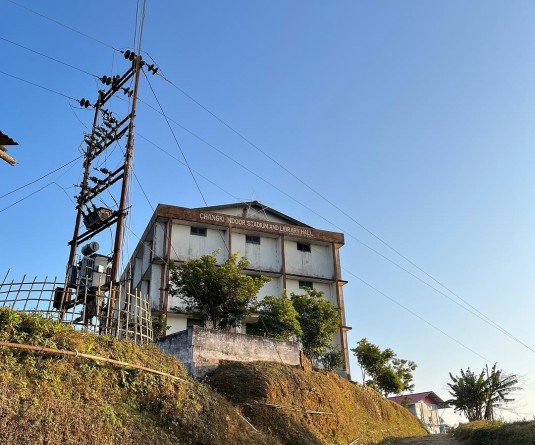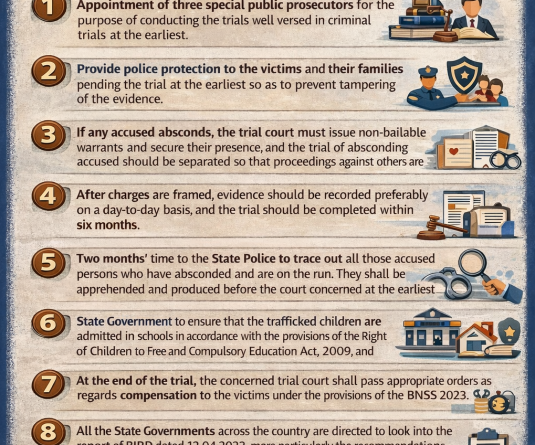
Nagaland ‘delinked’ from process by CCPA
Times of India
New Delhi | January 5
Despite vociferous protests by a section of the political class, delimitation of Lok Sabha and assembly constituencies will soon be a reality with Karnataka being the first state to go to polls, possibly by April, with a changed electoral map.
The notification of the delimitation commission's report is expected soon after the decision of the Cabinet Committee on Political Affairs to move ahead on recasting constituencies in keeping with the 2001 census. According to the report, the number of SC seats in Lok Sabha will go up from 79 to 85 and ST from 39 to 46.
Similarly, for the assemblies, SC seats will increase from 555 to 610 and ST from 527 to 545. But CCPA has decided that certain states like Jharkhand, Arunachal Pradesh, Manipur, Nagaland and Assam will be “delinked” from the delimitation process. This means that the exact increase in reserved category seats is still not entirely clear.
The CCPA, while deciding that it was not possible to delay delimitation, felt that the likely dip in tribal seats in the eastern states needed closer scrutiny. There have been strong protests in states like Manipur where the census has recorded a sharp jump in the hill population as compared to the valley. The reduction in tribal seats is linked to immigration, much of it illegal, into the north-east. This has resulted in an increase in the "general" population. CCPA sources clarified that it was possible to “delink” some states. This was considered in view of legal challenges pending with respect to proposals of the delimitation commission with respect to a few states as well.
The CCPA took note of a fairly broad consensus in favour of delimitation within the UPA, the Left and NDA. The much-stalled process had gathered momentum when the report was tabled in Parliament in the winter session.
It is expected that Karnataka polls will be held in April and this will become the first rollout of the revised constituencies. There have been protests during the winter session with some MPs, who are adversely affected, protesting angrily. But as it becomes evident that delimitation is inevitable, parties will have little option but to face up to the new realities.
A GoM headed by external affairs minister Pranab Mukherjee had examined the issue before the CCPA considered it. The impact of delimitation will be significant. In broader terms, besides an increase in reserved seats, it will result in more urban constituencies and will, in the case of some of the smaller states, even alter the balance of power.
In Uttarakhand, the denser population in the plains will erode its character as a “hill” state. In Mumbai, the number of assembly constituencies will decline from 17 to 10 while those in the suburbs will go up. The number of constituencies in Thane will decline while those in Pune will increase. All this will not be painless.
Some bigwigs like home minister Shivraj Patil and former Speaker PA Sangma will have to look for new constituencies.
But the view in political parties is that while heavyweights will always be accommodated, the smaller fry will perish.
Sukhbir Badal, Sachin Pilot and Jitin Prasada are some other MPs who will have to shift base. The merging and hiving off of constituencies is really what bothers MPs as the total number of constituencies in Lok Sabha and assemblies will remain frozen. Some constituencies, for example Buldhana, Osmanabad and Pandharpur, will be ‘de-reserved.’ As of now, with the total seats remaining a constant, the troublesome issue of states with faster growing population getting more seats, is not a factor.





